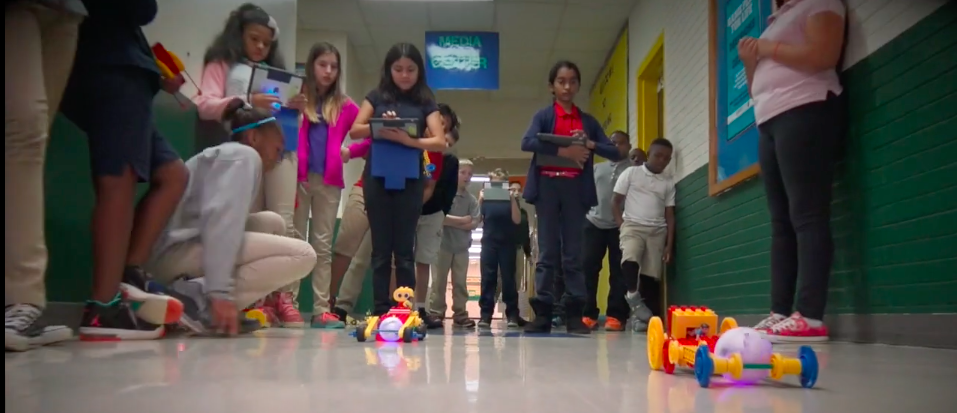Why Verbal Comprehension is Essential to Academic Success

Your kid may say that they get lost in class. They may say that they hate it when people talk too much. They may say that they don’t understand what is going on in school.
Your kid may feel like ‘word work’ is a lot of work. Some kids do not have a way with words. Children with subpar vocabulary or word knowledge have problems with verbal comprehension. They may struggle with new ideas in school.
Kids with poor comprehension may know the meanings of words but struggle to learn or recall the definitions. They may have issues explaining which words go or share a common category. For instance, cats, dogs, and horses all go because they are all domesticated animals. This skill is called categorical knowledge.
Your kid may have trouble finding a similar word to explain their ideas due to insufficient knowledge of synonyms or grade-level vocabulary. If your kid struggles with vocabulary or general comprehension, they are likely to have difficulties in school, particularly in language arts.
Kids who read well but who do not understand what they read could have reading comprehension problems. If your kid cannot tell a story back to you after reading it or cannot answer questions about a book you read, they struggle with comprehension.
It may also be that your kid learns a lot on topics of interest but gleans very little from content learned in school. Although your kid might understand and remember non-fiction, factual, and black-and-white contents, they may struggle to read fiction books with a more open-ended nature.
Kids with poor verbal comprehension have a harder time writing. Your kid may have trouble writing because their thoughts don’t quite make it onto the paper.
It may be that they can think of the words but are not quite sure how to spell them or construct complete sentences. This skill is called written expression. Often, a kid with verbal comprehension problems can verbally share many creative ideas but struggles to express them in written form.
Problems in verbal comprehension can impact social skills. In younger kids, verbal comprehension may not be as essential because it is less essential to social interaction. A young kid can play and interact on the playground without talking too much. However, as your kid gets older, they will be expected to understand what other kids say and follow a fluid conversation by making comments, sharing emotions, and drawing meaningful conclusions.
Your teenager may need to describe something to a friend. If your kid has poor comprehension skills, they may not follow the discussion or maintain social interaction. This is a nutshell, explains why verbal comprehension is so essential. If you want to what do when your child struggles with verbal comprehension, click here.






